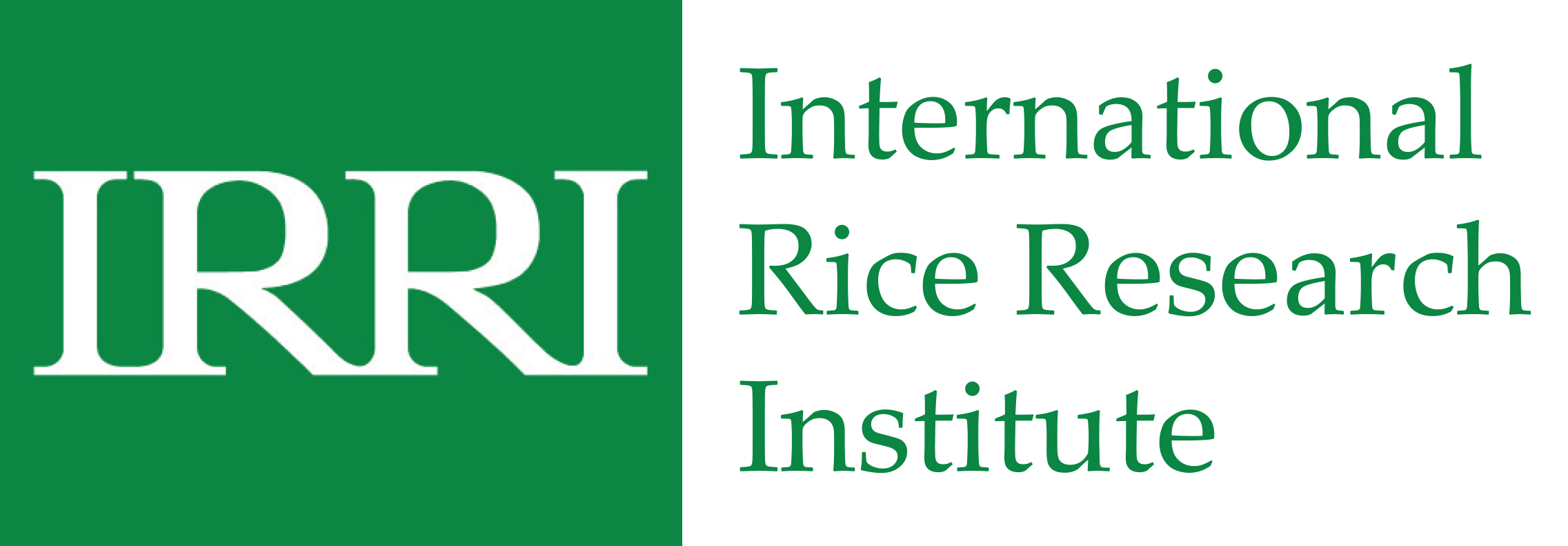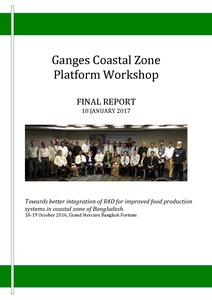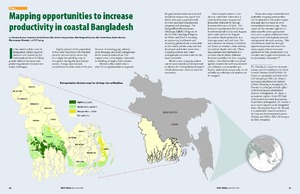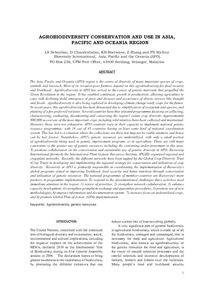Location
Metro Manila 1301
Philippines
IRRI aims to improve livelihoods and nutrition, abolishing poverty, hunger and malnutrition among those who depend on rice-based agri-food systems. In doing so, IRRI’s work protects the health of rice farmers and consumers, and the environmental sustainability of rice farming in a world challenged by climate change. IRRI’s work promotes the empowerment of women and supports opportunities for youth in an equitable agri-food system.
Our goals
Our research agenda and policies are determined by a board of trustees, guided by input from our partners, donors, end users such as farmers, and our staff.
- Reduce poverty through improved and diversified rice-based systems.
- Ensure that rice production is stable and sustainable, does minimal harm to the environment, and can cope with climate change.
- Improve the nutrition and health of poor rice consumers and farmers.
- Provide equitable access to information and knowledge on rice and help develop the next generation of rice scientists.
- Provide scientists and producers with the genetic information and material they need to develop improved technologies and enhance rice production.
Members:
Resources
Displaying 1 - 5 of 14Ganges Coastal Zone Platform Workshop Report
A two-day meeting was held in Bangkok with the goal of establishing a platform for improved sharing, networking, complementarities and synergies across the many R4D projects on production systems (agriculture, aquaculture) and water management in the Ganges coastal zone. The focus of the workshop was the Bangladeshi coastal zone. The 36 participants included representatives of NARS, international R4D organization, donors and NGOs.
Quantifying Production Losses due to Drought and Submergence of Rainfed Rice at the households level Using Remotely Sensed MODIS data.
Combining remotely sensed Moderate Resolution Imaging Spectroradiometer (MODIS) data with Bangladesh Household Income and Expenditure Survey (HIES) data, this study estimates losses in rainfed rice production at the household level. In particular, we estimated the rice areas affected by drought and submergence from remotely sensed MODIS data and rice production from Household Income and Expenditure Survey (HIES) data for 2000, 2005 and 2010. Applying two limit Tobit estimation method, this study demonstrated that both drought and submergence significantly affected rice production.
Mapping Opportunities to Increase Productivity in Coastal Bangladesh
The Ganges Basin Development Challenge (GBDC) Program of the CGIAR Challenge Program for Water and Food is focusing on improving livelihoods and increasing productivity sustainably in the coastal polder zone, and has developed and tested innovative cropping systems and water management practices suited to the local conditions.Before a new cropping system can be recommended, it is important to identify its “extrapolation domain,” which determines where it could be successful.
Agrobiodiversity conservation and use in Asia, Pacific and Oceania
The Asia, Pacific and Oceania (APO) region is the centre of diversity of many important species of crops, animals and livestock. Most of its resource-poor farmers depend on this agrobiodiversity for food security and livelihood. Agrobiodiversity in APO has served as the source of genetic materials that propelled the Green Revolution in the region. It has enabled continuous growth in productivity, allowing agriculture to cope with declining yield, emergence of pests and diseases and occurrence of abiotic stresses like drought and floods.






